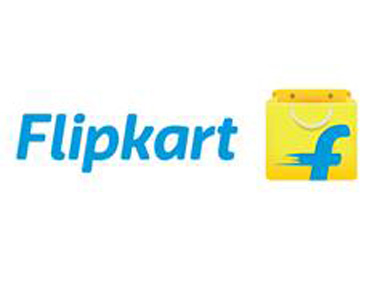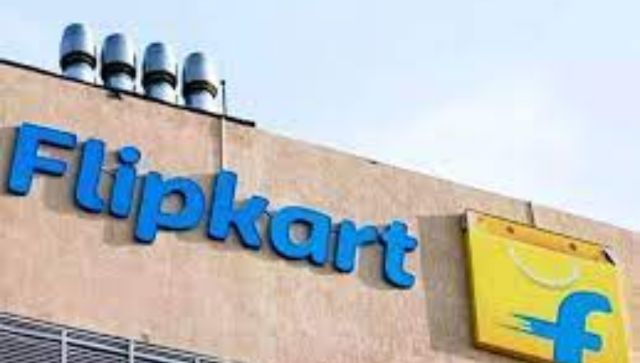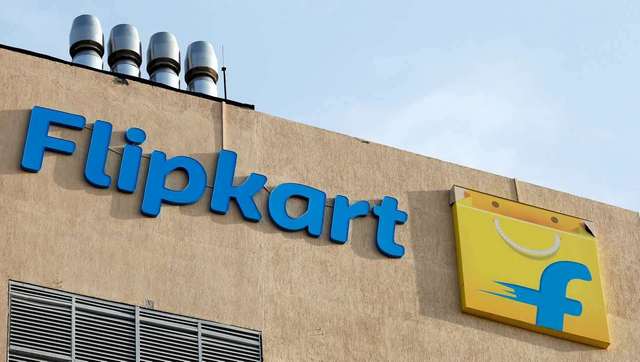The plunge in the financial markets is prompting a reality check on valuation of start-ups in India, say media reports.
According to a report in The Times of India today, the fall in stock prices of global majors such as restaurant review and listing website Yelp and Chinese e-commerce giant Alibaba is impacting the their Indian peers. The plunge in the capital markets is likely to increase the scrutiny of the business metrics of Indian startups, says a report in The Economic Times.
The shares of Yelp on the US bourses have been on a downward spiral over the last few months. On 29 July, the day the company announced a cut in its revenue forecast, changes in its advertising strategy and the quitting of chairman Max Levchin, the shares dropped 25 percent, the steepest in its three years of listing, says a report in Bloomberg.
Meanwhile, Alibaba shares have declining ever since China’s growth slowdown became evident a few months ago. In fact two days ago, the stock fell below its listing price.
According to the ToI report, Yelp is now valued at $1.7 billion as against $6 billion a year ago and Alibaba at $172 billion compared with $231 in September.
In comparison, Zomato, the Indian version of Yelp, was valuled more than $1 billion when it raised $50 million in April. Flipkart, the leader in Indian e-commerce, was valued at $15 billion when it raised $700 million in July. Snapdeal, its smaller rival, was valued $4.8 billion when it raised $500 million two weeks back.
While Alibaba and Yelp have reported revenues of $12.3 billion and $400 million last year, Flipkart and Zomato are estimated to have generated $800 million and $25 million revenue.
As such investors were getting wary about the high valuations accorded to Indian start-ups. A case in point is the fund raising talks between Snapdeal and its investors that stretched for months. Media reports said it took about six months for the investors to make up their mind to invest in the company at higher valuations.
A report in The Economic Times, citing a source, said Alibaba hesitated to invest in the company at $3.5 billion valuation. It is a different story that the funds were finally raised at a higher $4.8 billion valution. The report also said the venture capital investment into Indian start-ups have decreased this year due to the higher values demanded by entrepreneurs.
InfoEdge, Zomato’s majority shareholder, had in June indicated that it may not participate in any more fundraising for the restaurant listing website as valuations are too high.
Sharad Sharma, co-founder of software product association iSpirt, terms this a bubble in the ToI report today. “This is definitely a bubble and this kind of valuation is happening because of the assumption that the Indian market will be similar to China in terms of size,” he told the newspaper.
Indeed there are many issues that are plaguing the start-ups in India. For one, many of these companies are yet to generate any profit. Moreover, there are operational issues like unclear tax policies. Also, the much-debated economic recovery, which should fuel consumption and demand boosting the profitability of start-ups, has not yet been clearly visible.
Nikesh Arora of SoftBank, the Japanese giant that has invested in a slew of startups here, also recently warned against soaring valuations. “I think probably two to three years ago valuations were much more reasonable. I think they have got far ahead and they are probably rivalling China or US at this point in time,” he told ET in an interview .
However, a section of observers percieve the present lull in fundraising due to the valuation differential as a good opportunity for start-ups.
“In the next 6-12 months, companies can use this period to gain market leadership and use the cash better than others to create an exceptional momentum,” Vani Kola of Kalaari Capital, has been quoted as saying in a report in ET yesterday.


)




)
)
)
)
)
)
)
)